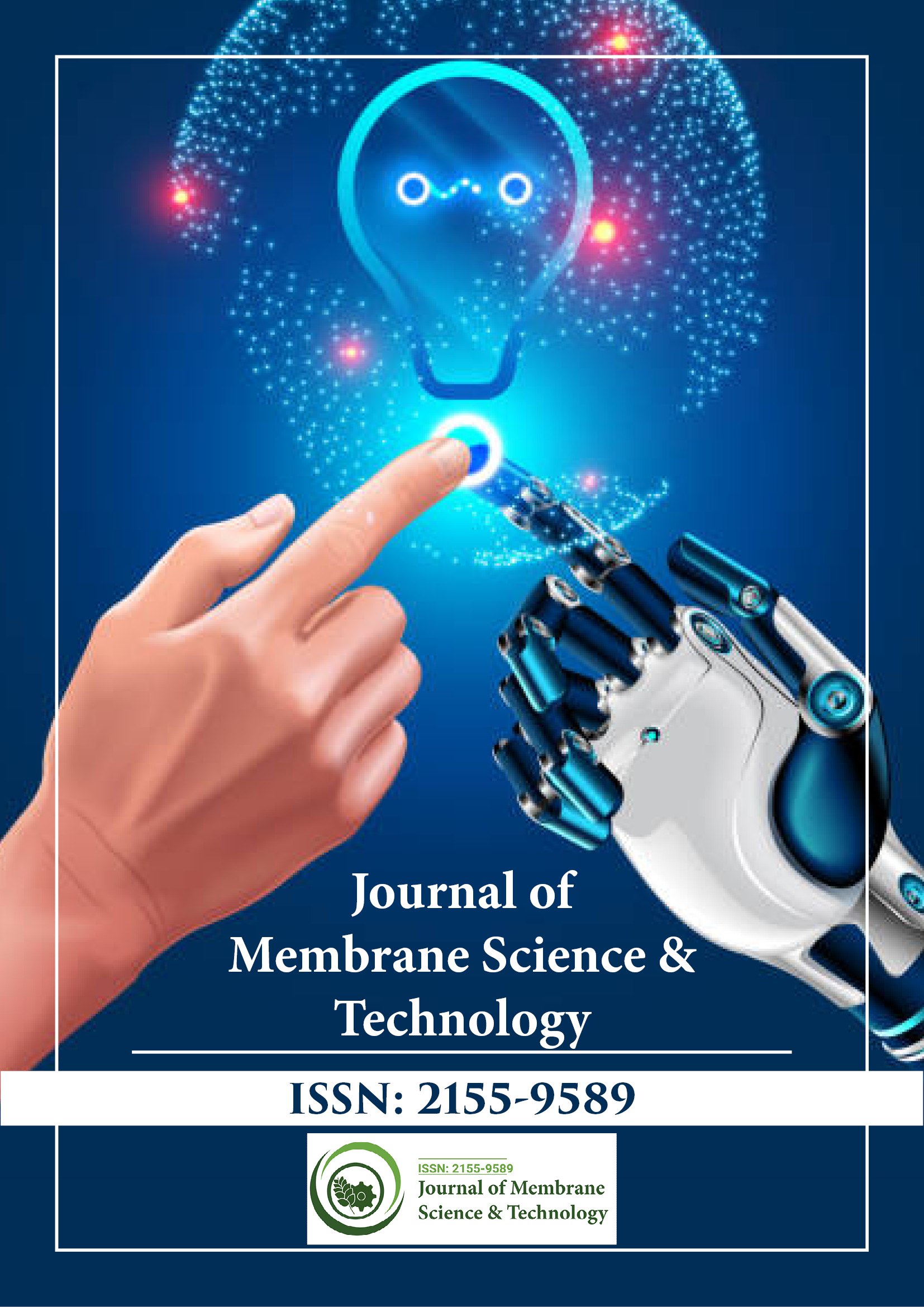インデックス付き
- Jゲートを開く
- Genamics JournalSeek
- ウルリッヒの定期刊行物ディレクトリ
- レフシーク
- 研究ジャーナル索引作成ディレクトリ (DRJI)
- ハムダード大学
- エブスコ アリゾナ州
- OCLC-WorldCat
- プロクエスト召喚
- 学者の舵取り
- パブロン
- ジュネーブ医学教育研究財団
- ユーロパブ
- Google スカラー
このページをシェアする
ジャーナルチラシ

概要
タンジェンシャルフローマイクロフィルトレーションプロセスによる水中油エマルジョンの分離に関する実験的研究。パート 1: 油除去効率とフラックス低下の分析
ワイ・ラム・ロー、ティアム・テイク・ワン、ヴィヴェク・コラディッカル・プレマナダン、コー・コ・ナイン、グエン・ディン・タム、バレンテ・ヘルナンデス・ペレス、ユー・チャオ・ジャオ
沖合では、生産水の管理が大きな問題となっています。精密濾過は、油水エマルジョンを処理して廃棄規制値を満たすための有用な代替手段として浮上しています。この研究では、油水混合物の接線流(クロスフロー)精密濾過について研究しました。接線流精密濾過プロセスは、0.5 μm の孔径のセラミック膜を使用して調査しました。この作業フェーズでは、原油の代わりに中粘度のパラフィン油を使用しました。油分濃度 500~1000 ppm の油水供給を使用して、0.5 μm の孔径の精密濾過セラミック膜は、メキシコ湾の沖合生産水排出物に必要な閾値(通常 29 mg/l の残留油)よりも低い高純度の濾液を生成できることが実証されました。ただし、膜には汚れという大きな欠点があります。操作時間とともに透過流束が低下することが予想されます。この制限により、石油およびガス処理産業の分野での精密濾過プロセスの大規模な適用が確実に妨げられています。膜の性能を回復するには、最適化された洗浄プロセスが必要です。
免責事項: この要約は人工知能ツールを使用して翻訳されており、まだレビューまたは確認されていません